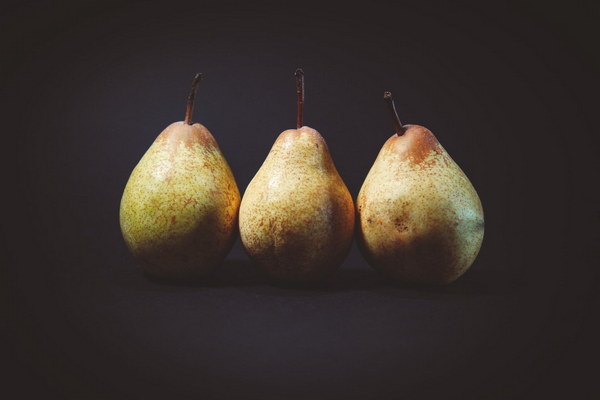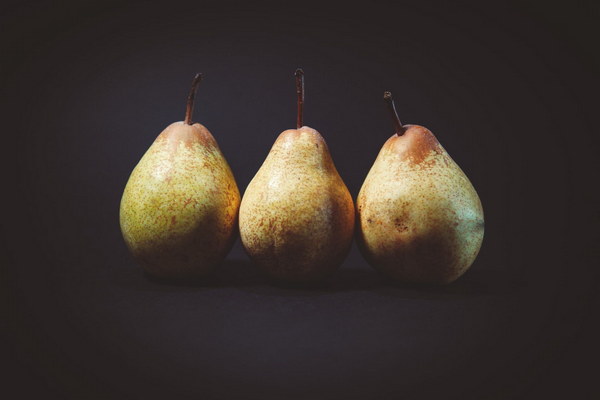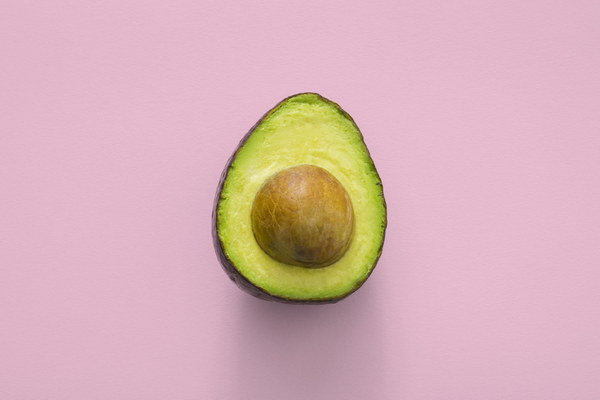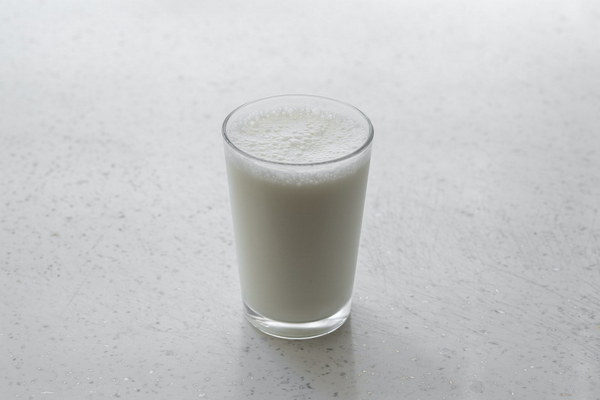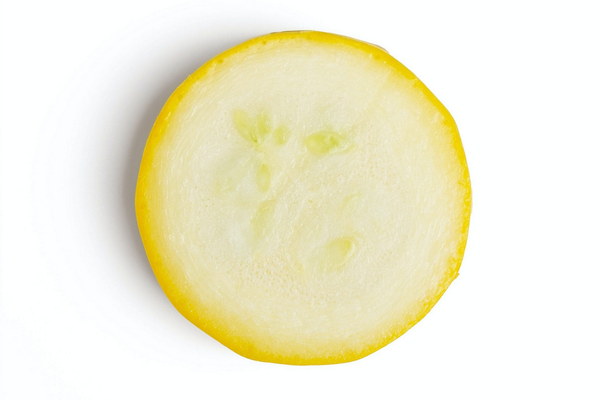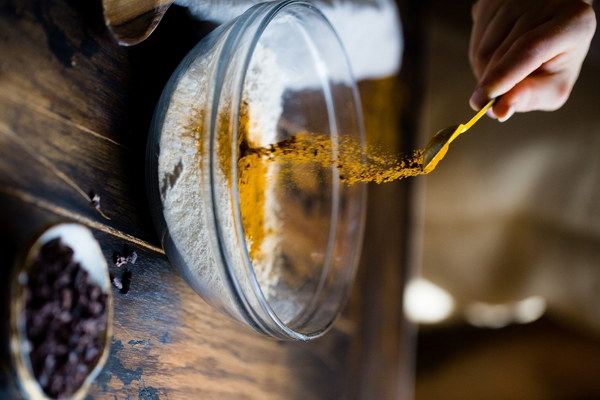Bitter Remedies The Art of Moisture-Wicking Medicine for Traditional Wellness
In the realm of traditional medicine, certain herbs and concoctions stand out not just for their efficacy, but for their distinctive bitterness. One such group of remedies is specifically designed to address the issue of dampness or damp-heat in the body, a concept deeply rooted in Chinese medicine. These moisture-wicking bitter herbs are both a challenge and a blessing for those seeking holistic wellness. Let's delve into the world of these bitter remedies and understand their significance.
The Concept of Dampness in Traditional Medicine
In traditional Chinese medicine (TCM), dampness is considered an imbalance that can lead to a variety of health issues. Dampness is often described as a substance that can accumulate in the body, causing discomfort and a range of symptoms. It can manifest as fatigue, bloating, weight gain, water retention, and various skin issues. The aim of moisture-wicking medicine is to eliminate this dampness and restore balance to the body.
Bitter Herbs: Nature’s Moisture-Wicking Agents
Bitter herbs are a cornerstone of moisture-wicking medicine. They are prized for their ability to invigorate the body's internal systems and promote the expulsion of dampness. Here are some of the key bitter herbs often used in TCM:
1. Coptis (Huang Lian): Known for its strong bitter taste, Coptis is a potent herb that clears heat and dampness. It is often used in formulas to treat damp-heat conditions, such as urinary tract infections and skin irritations.
2. Scutellaria (Huang Qin): Scutellaria is another bitter herb that is highly regarded for its cooling properties. It is commonly used to treat damp-heat conditions and inflammation.
3. Phellodendron (Hou Pu): Phellodendron is a bark that is renowned for its damp-drying effects. It is often used to treat dampness-related issues, including edema and joint pain.
4. Poria (Fu Ling): Poria is a type of mushroom that is believed to have a damp-drying effect. It is often included in formulas to help eliminate dampness and support kidney function.
The Bitter Taste: A Double-Edged Sword
The bitter taste of these herbs is not just a reflection of their chemical composition; it is also a therapeutic element. In TCM, the bitterness is associated with the ability to clear heat, move qi, and drain dampness. However, the bitter taste can be off-putting to some, and this is where the challenge lies.
Understanding the Benefits
Despite the unappealing taste, the benefits of these bitter herbs are undeniable. They have been used for centuries to address a wide range of health issues, and modern research is increasingly validating their efficacy. Here are some of the key benefits:
- Improved Digestion: Bitter herbs can stimulate the digestive system, aiding in the breakdown of food and promoting better nutrient absorption.
- Detoxification: They help to eliminate toxins and excess dampness from the body, leading to improved overall health.
- Anti-Inflammatory: Many of these herbs have anti-inflammatory properties, which can help reduce swelling and pain.
- Immune Support: Bitter herbs can strengthen the immune system, helping the body to fight off infections and diseases.

The Art of Preparing Bitter Remedies
Preparing bitter remedies requires a careful balance of herbs and the right method of administration. In TCM, these remedies are often formulated into decoctions or powders, and their preparation is a skillful art. The process involves selecting the appropriate herbs, determining the correct dosage, and choosing the right extraction method to preserve the medicinal properties.
Conclusion
The world of moisture-wicking bitter herbs is a fascinating one, bridging the gap between ancient wisdom and modern health concerns. While the bitter taste might be a hurdle, the potential health benefits make these remedies worth exploring. As with any traditional medicine, it is important to consult with a qualified practitioner before incorporating these herbs into your wellness routine. In the end, the pursuit of holistic wellness is a journey that often involves embracing the less palatable aspects of nature's medicine.
